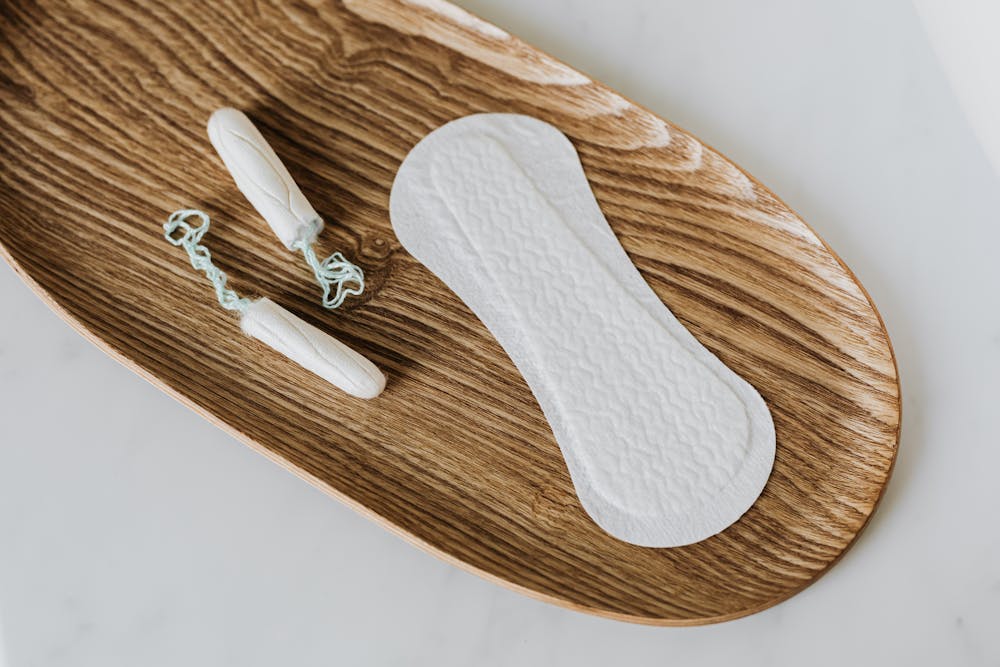As I explore the world of health and wellness, I’ve encountered a myriad of supplements promising everything from improved energy and vitality to enhanced cognitive function and immune support. With so many options available on the market, it’s essential to understand the truth about supplements before making a purchase. Here’s what you need to know:
 1. **Supplements Are Not a Substitute for a Healthy Diet:** While supplements can complement a balanced diet, they should not be viewed as a replacement for whole foods. A nutrient-rich diet that includes a variety of fruits, vegetables, lean proteins, whole grains, and healthy fats should always be the foundation of good health.
1. **Supplements Are Not a Substitute for a Healthy Diet:** While supplements can complement a balanced diet, they should not be viewed as a replacement for whole foods. A nutrient-rich diet that includes a variety of fruits, vegetables, lean proteins, whole grains, and healthy fats should always be the foundation of good health.
 2. **Quality Matters:** Not all supplements are created equal. It’s important to choose supplements from reputable brands that adhere to strict quality standards and third-party testing. Look for products that are certified by independent organizations such as NSF International, USP, or ConsumerLab.com to ensure purity, potency, and safety.
2. **Quality Matters:** Not all supplements are created equal. It’s important to choose supplements from reputable brands that adhere to strict quality standards and third-party testing. Look for products that are certified by independent organizations such as NSF International, USP, or ConsumerLab.com to ensure purity, potency, and safety.
 3. **Understand Your Needs:** Before taking any supplement, it’s essential to understand your individual nutritional needs and consult with a healthcare professional or registered dietitian. Certain populations, such as pregnant or breastfeeding women, children, the elderly, and individuals with specific health conditions, may have unique nutrient requirements or contraindications for certain supplements.
3. **Understand Your Needs:** Before taking any supplement, it’s essential to understand your individual nutritional needs and consult with a healthcare professional or registered dietitian. Certain populations, such as pregnant or breastfeeding women, children, the elderly, and individuals with specific health conditions, may have unique nutrient requirements or contraindications for certain supplements.
 4. **Be Wary of Miracle Claims:** Beware of supplements that make extravagant claims or promise miraculous results. While some supplements may offer modest benefits for certain health conditions, there is no magic pill that can cure all ailments or replace healthy lifestyle habits such as regular exercise, adequate sleep, stress management, and a balanced diet.
4. **Be Wary of Miracle Claims:** Beware of supplements that make extravagant claims or promise miraculous results. While some supplements may offer modest benefits for certain health conditions, there is no magic pill that can cure all ailments or replace healthy lifestyle habits such as regular exercise, adequate sleep, stress management, and a balanced diet.
 5. **Check the Ingredients:** Take the time to read the ingredient list and label of any supplement you’re considering. Look for recognizable, science-backed ingredients and avoid products that contain unnecessary fillers, artificial colors, flavors, or preservatives. Pay attention to the dosage and recommended serving size to ensure you’re getting the intended benefits without exceeding safe limits.
5. **Check the Ingredients:** Take the time to read the ingredient list and label of any supplement you’re considering. Look for recognizable, science-backed ingredients and avoid products that contain unnecessary fillers, artificial colors, flavors, or preservatives. Pay attention to the dosage and recommended serving size to ensure you’re getting the intended benefits without exceeding safe limits.
 6. **Consider Potential Risks:** While many supplements are safe when taken as directed, some may pose risks or interact with medications or existing health conditions. Always research potential side effects and drug interactions before starting a new supplement regimen, and consult with a healthcare professional if you have any concerns or questions.
6. **Consider Potential Risks:** While many supplements are safe when taken as directed, some may pose risks or interact with medications or existing health conditions. Always research potential side effects and drug interactions before starting a new supplement regimen, and consult with a healthcare professional if you have any concerns or questions.
 7. **Start Slowly:** If you decide to try a new supplement, start with a low dose and monitor your body’s response. Pay attention to any changes in energy levels, mood, digestion, or overall well-being, and adjust your dosage or discontinue use if you experience any adverse effects.
7. **Start Slowly:** If you decide to try a new supplement, start with a low dose and monitor your body’s response. Pay attention to any changes in energy levels, mood, digestion, or overall well-being, and adjust your dosage or discontinue use if you experience any adverse effects.
 8. **Supplements Are Just One Piece of the Puzzle:** Remember that supplements should complement, not replace, a healthy lifestyle. Focus on nourishing your body with nutrient-dense foods, staying physically active, managing stress, getting adequate sleep, and prioritizing self-care as essential components of overall health and wellness.
8. **Supplements Are Just One Piece of the Puzzle:** Remember that supplements should complement, not replace, a healthy lifestyle. Focus on nourishing your body with nutrient-dense foods, staying physically active, managing stress, getting adequate sleep, and prioritizing self-care as essential components of overall health and wellness.
 In conclusion, while supplements can be a valuable tool for supporting optimal health and addressing specific nutritional deficiencies, it’s crucial to approach them with caution, skepticism, and informed decision-making. By understanding your individual needs, choosing high-quality products, being mindful of dosage and potential risks, and prioritizing a balanced lifestyle, you can harness the power of supplements as part of a holistic approach to health and wellness. As I continue to navigate the world of supplements, I’m committed to making informed choices that support my well-being and empower me to live my healthiest, happiest life.
In conclusion, while supplements can be a valuable tool for supporting optimal health and addressing specific nutritional deficiencies, it’s crucial to approach them with caution, skepticism, and informed decision-making. By understanding your individual needs, choosing high-quality products, being mindful of dosage and potential risks, and prioritizing a balanced lifestyle, you can harness the power of supplements as part of a holistic approach to health and wellness. As I continue to navigate the world of supplements, I’m committed to making informed choices that support my well-being and empower me to live my healthiest, happiest life.




